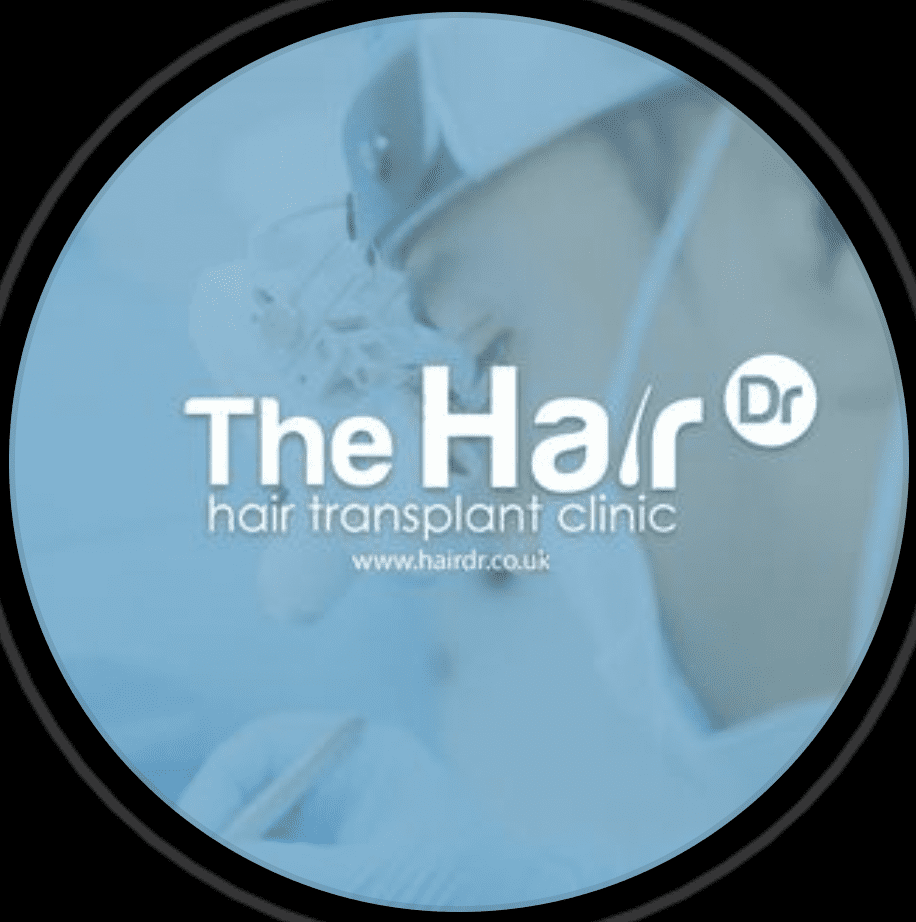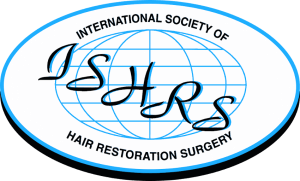Hair transplants are a popular and effective solution for those seeking to restore their hairline and confidence. However, the success of the procedure heavily depends on proper post-operative care.
One of the key aspects of post-transplant care involves managing scabs and preventing infections.
Understanding the Post-Transplant Recovery Process
After a hair transplant, your scalp will naturally go through a healing process. This involves the formation of scabs, which are a normal part of the recovery. However, managing scabs effectively and preventing infections are important for the success of the procedure and your overall well-being.
Follow Your Surgeon’s Aftercare Instructions
Your surgeon will provide detailed aftercare instructions tailored to your specific procedure. This typically includes guidelines on how to clean your scalp, when to start washing your hair, and what products to use. Following these guidelines helps minimise the risk of infection and ensures proper scab management.
Keep the Scalp Clean and Dry
Cleaning: Proper scalp hygiene is essential to prevent infections. Use a mild, non-medicated shampoo recommended by your surgeon to gently cleanse the scalp. Avoid vigorous rubbing or scrubbing. Instead, lightly pat the area with a soft towel to avoid dislodging grafts or causing irritation.
Drying: After washing, ensure your scalp is thoroughly dried. Avoid using a hairdryer on high heat, as this can exacerbate scabbing and irritation. Let you hair dry naturally or use a hairdryer on a cool setting if necessary.
Avoid Touching or Scratching
It’s important to resist the urge to touch, scratch, or pick at the scabs. This can lead to infection, scarring, and damage to the newly transplanted follicles. If you feel discomfort or itching, contact your surgeon for advice rather than attempting to alleviate it on your own.
Use Prescribed Medications and Topical Treatments
Your surgeon may prescribe antibiotics or anti-inflammatory medications to prevent infection and reduce swelling. Additionally, topical treatments such as prescribed ointments or sprays can help soothe the scalp and aid in the healing process.
Protect Your Scalp from Sun Exposure
Sun exposure can irritate the scalp and slow down the healing process. For the first few weeks post-surgery, it’s best to avoid direct sunlight. When you go outside, wear a loose-fitting hat or use a high-SPF sunscreen recommended by your surgeon to protect your scalp from UV rays.
Avoid Strenuous Activities
Physical exertion can increase blood flow to the scalp and exacerbate swelling and scabbing. It’s best to avoid heavy exercise and strenuous activities for at least two weeks following the transplant. This precaution helps in minimising scab disturbance and preventing complications.
Maintain a Healthy Diet
A balanced diet rich in vitamins and minerals supports healing. Nutrients like Vitamin C, Vitamin E, and zinc are particularly beneficial for skin health and recovery. Staying hydrated is equally important for maintaining skin elasticity and overall well-being.
Monitor for Signs of Infection
Keep an eye out for any signs of infection, such as increased redness, swelling, pain, or discharge. If you experience any of these symptoms, contact us immediately. Early intervention can prevent more serious complications and ensure a smooth recovery.
Avoid Alcohol and Smoking
Both alcohol and smoking can slow down the healing process and increase the risk of complications. It’s best to avoid them both for at least a few weeks post-surgery.
Attend Follow-Up Appointments
Regular follow-up appointments with your surgeon are great for monitoring the progress of your recovery. These visits allow your surgeon to assess the healing process, address any concerns, and make adjustments to your aftercare plan if needed.
Conclusion
Proper post-operative care is essential for achieving the best results from your hair transplant. By following these guidelines and maintaining cleanliness, avoiding scabs disturbance, adhering to medication, and protecting your scalp, you can minimise the risk of infection and support a smooth recovery.
If you have any questions or need personalised advice regarding your hair transplant care, don’t hesitate to reach out to the experts. Contact Hair Dr today for professional guidance and support.









